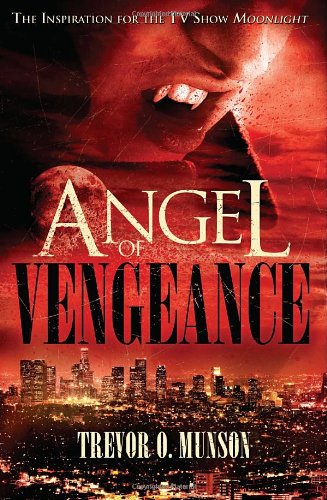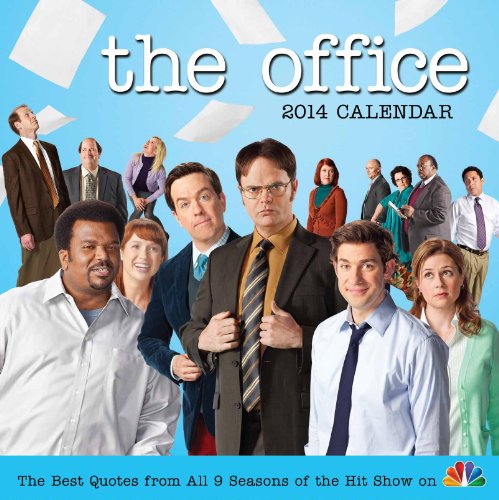
Product Description
The novel that inspired the TV series Moonlight puts a twist on the classic Dracula vampire tale and blends it with Chandler hardboiled P.I. detective fiction.
LA-based P.I. and vampire Mick Angel has been hired by a beautiful red-headed burlesque dancer to find her missing sister. But the apparently simple case of a teenage runaway is soon complicated by drug dealers, persistent cops, murder, and Mick’s own past. Mick must learn the hard way what every vampire should know–nothing stays buried forever, especially not the past.
A Q&A with Author Trevor O. Munson
Q: What is Angel of Vengeance about?
Munson: Angel of Vengeance is a dark, fast-paced, modern noir crime novel about a hard-boiled LA-based private-dick who also just so happens to be a vampire. Turned back in the 1940’s, Mick Angel is a product of his own bygone era who now finds himself out of step with present day.
Q: How did you come up with the idea for the book?
Munson: I came up with the idea for Angel of Vengeance after rereading Dracula and following it up with a Raymond Chandler novel. Blending two genres I loved seemed like it would be a lot of fun to write.
Q: What influenced Angel of Vengeance?
Munson: The two biggest influences for the book were Raymond Chandler novels and the movie Angel Heart. Anyone who’s seen the movie will probably not have to look far to notice some distinct similarities to certain aspects of the story that unfolds in my novel. (P.S. It’s no accident that my characters’ first name is Mick, or his last name Angel…)
Q: Angel of Vengeance redefines and explores classic vampire lore, such as the ability to turn into a bat and seeing a reflection in a mirror. How did you approach creating your unique spin on vampires?
Munson: My basic approach in redefining classic vampire lore was to attempt to “noirify” the vampire mythology. I wanted to recreate the rules to reflect the themes you see repeated over and over in noir storytelling. This is why I had Mick take his blood with a needle, and sleep in a freezer to stave off his slow decay.
Q: Vampires continue to be a popular literary subject. How do you explain their popularity and continued relevance?
Munson: I think the idea of breaking death’s hold, and living on indefinitely as a beautiful and powerful being is understandably alluring to many of us. How cool would it be to have the time and resources to learn, do, see, and experience everything our world has to offer?
Personally, however, I see vampires as beautiful tragic creatures, who make a Faustian bargain to give up their humanity in order to become immortal. It is this trade-off that interests me most. It seemed fertile ground for discussing what it means to be human by exploring the cost of immortality and how a person might feel about what he has lost in the process.
Q: When Angel of Vengeance was adapted into the TV show Moonlight, what changes did the story and characters go through?
Munson: The novel is a much darker tale than that depicted in Moonlight. The mandate from CBS was that they loved the main character and the vampire world, but they wanted the show to have a strong romantic angle. As a result, the book was more of a ‘jumping off point’ for me and my co-creator Ron Koslow (Beauty and the Beast). What we came up with was in many ways, a lighter, more romantic version of the dark noir Los Angeles underbelly I had created in the book, but the series retained many of the novel’s themes ofredemption and transcendence.


